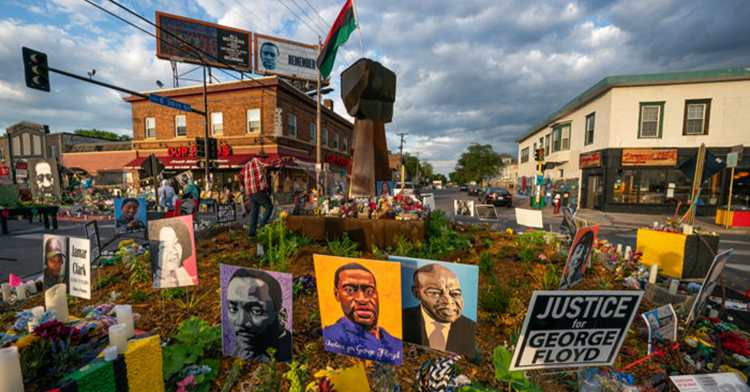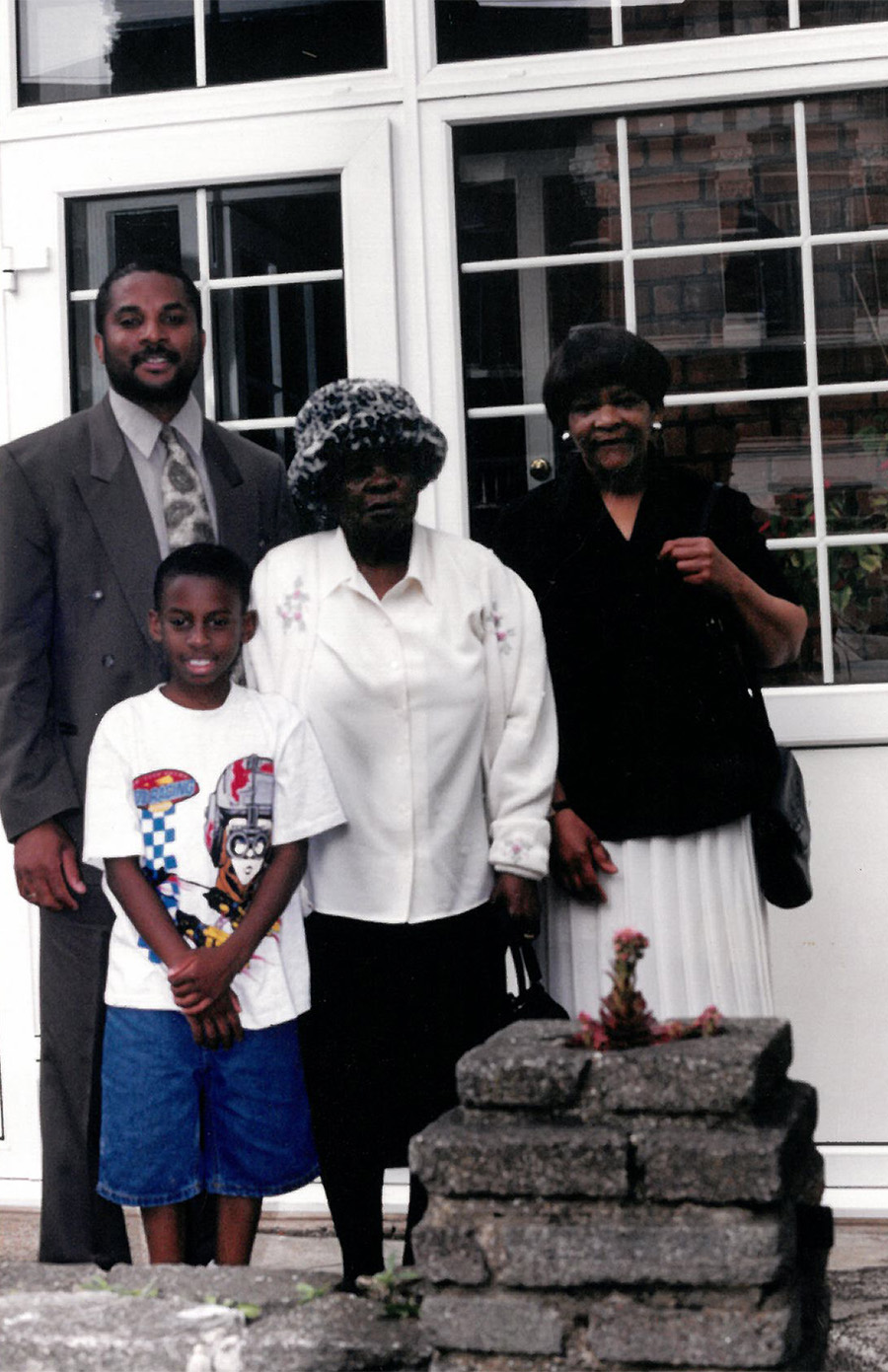As a Texan, I see Juneteenth as more than just a date on the calendar. It is a story rooted in the soil of my home state. It is the story of dignity, resilience and liberation that was delayed but not destroyed. It is a reminder that freedom does not arrive all at once for everyone, even though it should. We must work tirelessly for it, even if it comes slowly and painfully late — in the case of Juneteenth, two and a half years after it was promised.
June 19 commemorates the day in 1865 when Union Major General Gordon Granger arrived in Galveston, Texas, and issued General Order No. 3. His order proclaimed to the people of Texas that all enslaved people were now free. Although President Abraham Lincoln had signed the Emancipation Proclamation Jan. 1, 1863, Texas remained largely untouched by Union forces. Its geographic isolation and the defiant posture of slaveholders meant that enslaved people remained in bondage until that June day, when freedom was finally announced.
The heart of the Juneteenth story remains in many ways our story even today — freedom delayed but not denied.
When I celebrate Juneteenth, I do so with pride, reflection and a complex mix of emotions. Different colors are used for Juneteenth logos — some mirror the colors of the United States flag while others reflect the red, black and green of the Pan-African flag. I find myself drawn to using red, white and blue on Juneteenth, not as a rejection of African heritage but as an assertion of identity. Black people are Americans. We helped build this country. The unpaid labor of our ancestors formed the foundation upon which the nation grew and became economically prosperous.
We fought in every American war and shaped the culture, politics and spiritual fabric of the country. Our lives, like the lives of others, have been poured out for the ideals of liberty and justice. Red, white and blue are the colors of Black Americans, too, representing both our presence and our promise.
At the same time, I fully understand why others embrace the colors of the Pan-African flag during Juneteenth celebrations. Red stands for the shared blood of African people, black represents the people themselves and green symbolizes the rich land of Africa.
These colors evoke global heritage, cultural pride, and a sense of solidarity that stretches across continents and centuries. They speak to the identity and strength of Black people around the world, regardless of national boundaries.
I choose red, white and blue on Juneteenth with intention. It is not an attempt to ignore where we came from. It is a deliberate declaration that Black people belong here. Black people have always belonged. Juneteenth is American history. Black history is American history.
These colors and our claim on them say we are not outsiders or latecomers. We share a full inheritance even if it has only been partially paid to us, incrementally and with the persistence of our foremothers and forefathers who insisted that Black Americans have our full share in the promise of “we the people.” Black Americans are central to the American story, even when the country tries to forget that.
This message takes on new urgency in our current moment.
Across the nation, we are witnessing a backlash against truthful conversations about race, history and power. There are efforts to restrict how history is taught, to ban books that deal with racism and identity, and to limit access to the ballot box. These actions disproportionately affect communities of color. Though we are encouraged to believe they are neutral, these efforts seek to create new narratives and serve to maintain systems of inequality.
As someone who loves Texas, I carry pride in its history, resilience and unique spirit. I also recognize that the same soil that gave birth to Juneteenth is home to policies and practices that continue to hinder justice. That reality does not diminish my love for the state. It deepens my commitment to advocate for a better version of Texas and for all of America. Juneteenth reminds us to hold both the pain of the past and the promise of the future simultaneously in our hearts.
That is why Juneteenth matters more than ever today. It reminds us that freedom has always required struggle. Legal declarations are important, but they are not enough. Real change demands courageous and persistent action. Black Americans have never been passive recipients of freedom. We have been active participants in the struggle to bring this country closer to its stated ideals.
Juneteenth invites us to reflect on what freedom really means. Is it merely the absence of chains or is it the presence of opportunity and justice? Is it simply about independence or is it about interdependence and kinship, where every person’s humanity is valued and respected?
Beyond remembering the past, it requires working to ensure that the rights guaranteed under the law are extended to everyone in this country. That includes the right to vote freely and fairly, the right to an education that tells the truth and the right to safety and dignity regardless of race, gender or background. These rights are not just theoretical — they must be protected and practiced in our laws, institutions and everyday lives.
Juneteenth also offers a moment of joy. It is a time for family, food, music and sacred remembrance. It is a time to reflect on how far we have come and to honor those who never stopped believing in a better future. The establishment of Juneteenth as a national holiday is progress, but the holiday should not be reduced to a symbolic gesture — it must remain a call to action.
Whether Juneteenth is celebrated with red, black and green or red, white and blue, the heart of the holiday remains the same. It is a call to live differently. It is a celebration of progress and a challenge to continue. It is a sign that freedom is not a destination we have reached, but a road we are still walking. The invitation for all of us is to walk it together with honesty, hope and the unwavering belief that liberty must be for all.
Black Americans are central to the American story, even when the country tries to forget that.


















